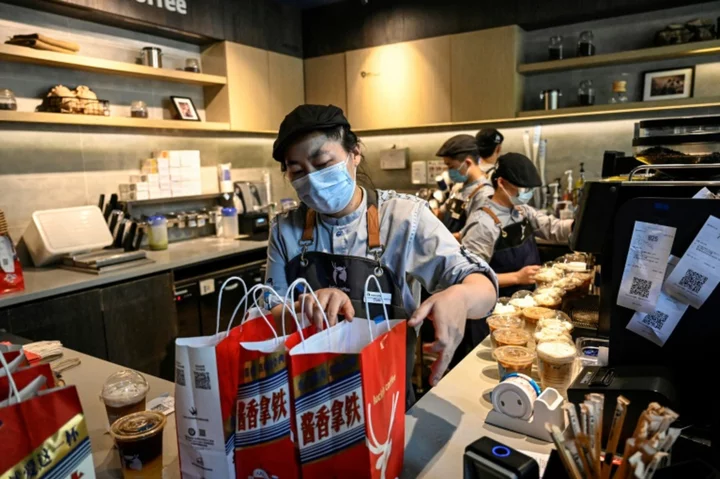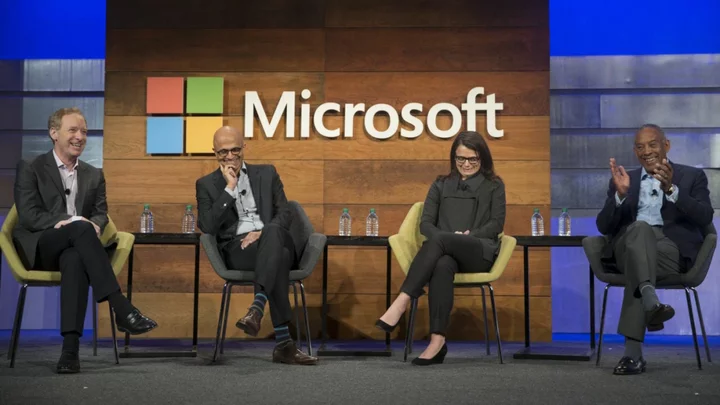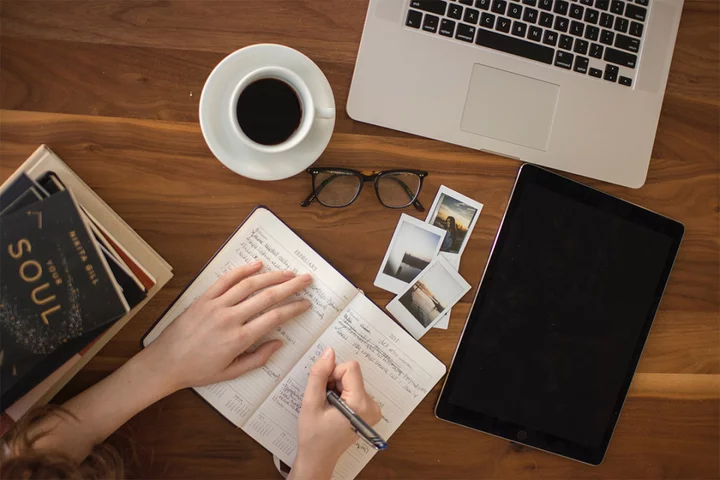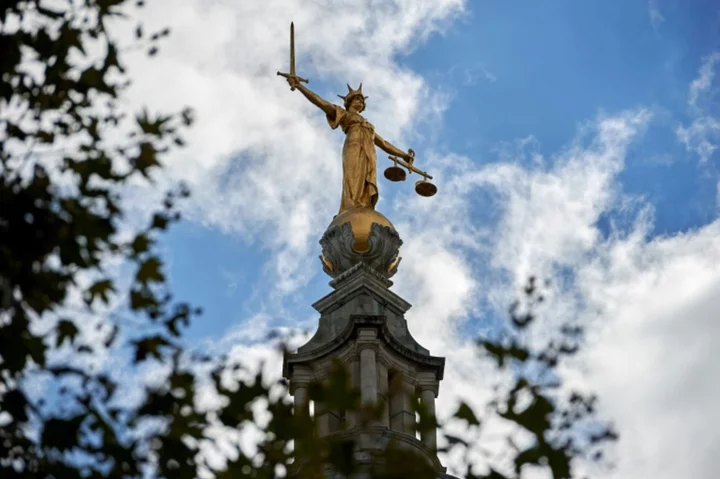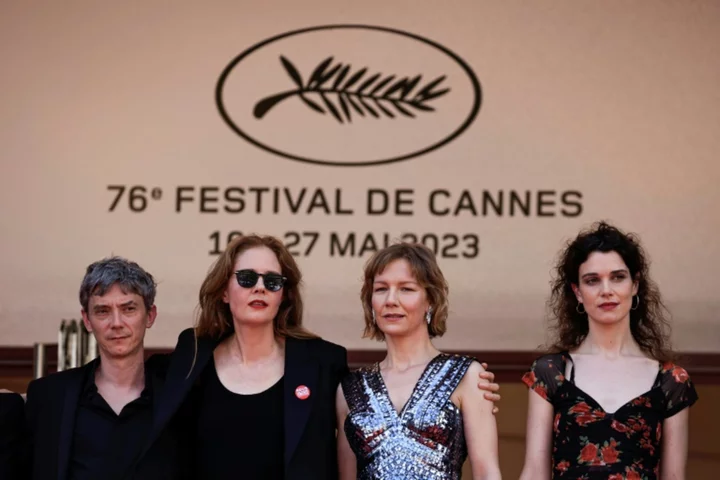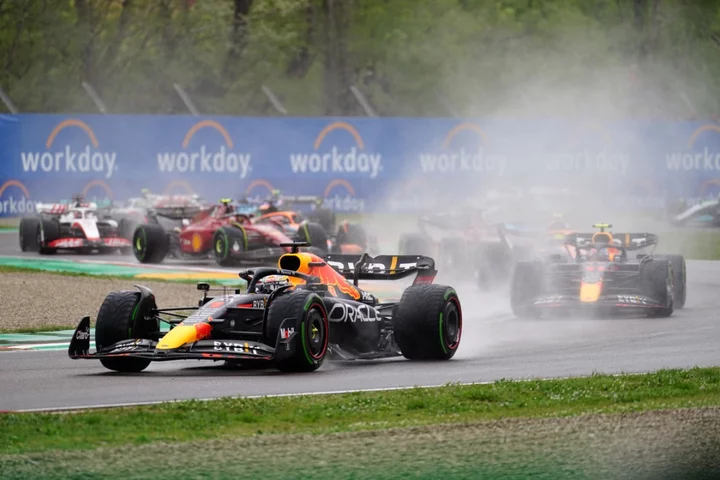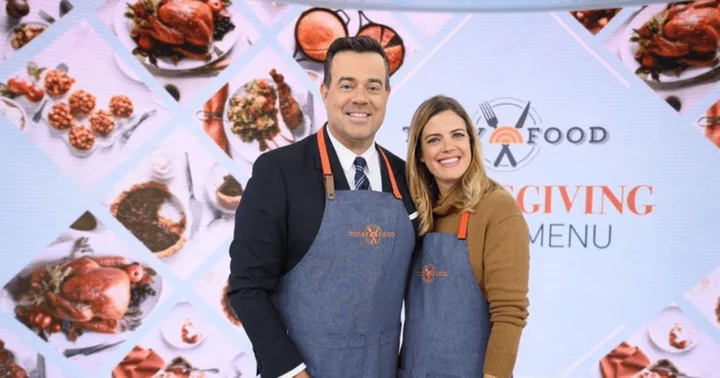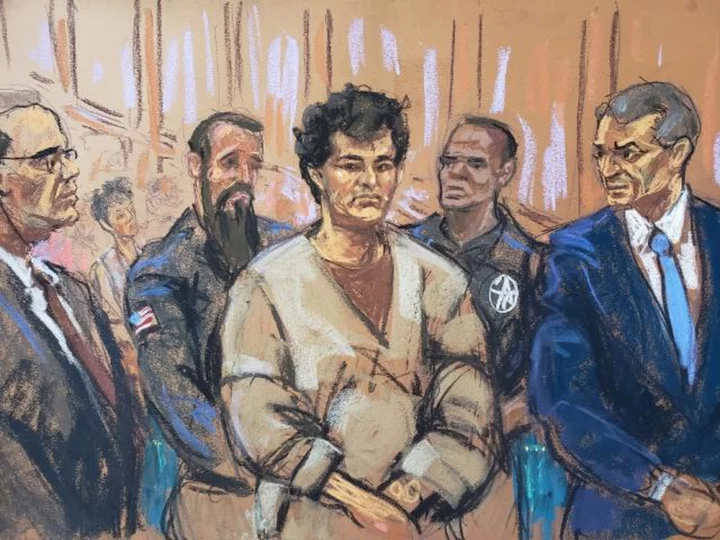A latte laced with throat-scorching liquor has proved a hit in China, with coffee lovers crowding stores in Beijing on Monday to get their hands on the exclusive drink.
The boozy beverage -- a collaboration between coffee chain Luckin and distiller Kweichow Moutai -- mixes milky coffee with a flavouring based on a traditional firewater that is around 50 percent alcohol and retails at up to 2,500 yuan ($345) for a half-litre bottle.
Mercifully, the cream-topped, caffeinated concoction has a far lower alcohol content of under one percent and sells for less than 20 yuan.
It quickly became one of the most-discussed topics on Chinese social media on Monday, with hashtags about the limited-edition product racking up tens of millions of views on the popular Weibo platform.
"My friends said it tastes pretty good, not too harsh. So I wanted to try this new product," said Yan Yumeng, 25, as she collected her order from a Luckin store in the centre of the Chinese capital Beijing.
Yan, who usually avoids drinking pure Moutai as she "can't stand" the heady brew, said she had previously sampled other trendy coffee products mixed with whiskey or mojito cocktails.
"I'm not afraid of getting tipsy at the office, no!" she smiled, having bought her latte during working hours.
"There's hardly any alcohol in it, so it won't give me a headache."
Four staff members inside the store buzzed back and forth, frantically preparing dozens of lightly spiked coffees for delivery across the city.
A cashier told AFP that "around 80 percent" of the orders received so far that day had been for the limited-edition beverage.
"How can we explain such huge sales? I think it's the 'Moutai effect'," said customer Lian Chonghui, 37.
"It's the national liquor, the most famous. This new coffee can attract people who haven't drunk it before," he said.
A notice on the window urged minors, pregnant women, drivers and people allergic to alcohol to avoid consuming Moutai coffee.
The outlet visited by AFP said it had stopped accepting new orders by Monday afternoon due to high demand.
Coffee was not traditionally consumed in China but has soared in popularity among younger people in the last two decades or so.
Wealthier cities boast large numbers of cafes selling everything from standard-issue americanos to complex creations flavoured with coconut milk or watermelon juice.
But while some drinkers enjoyed the dash of something stronger, others wrinkled their noses at the addition of a tipple that can be an acquired taste.
"Frankly, there's nothing special about it," Beijing resident Alison Zhao, 38, told AFP.
"It's just that there's a slight whiff of alcohol. I prefer regular coffee!" she said.
ehl-mjw/aha

